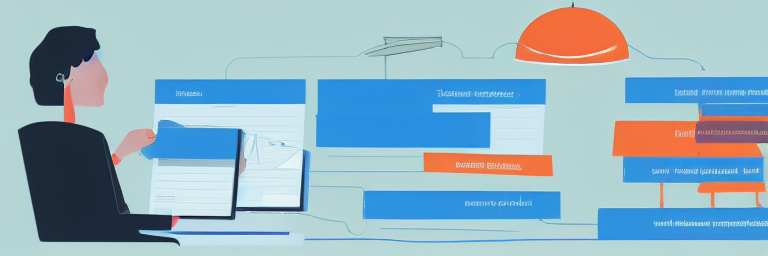What is a business rules engine?
A rules engine is a piece of software that allows you to define rules and then run those rules against data to make decisions. Typically, a business rules engine will have a graphical user interface that allows you to visually create and edit rules. The engine will also have a way to execute the rules against data, and will usually provide some kind of report or notification when a rule is triggered.
There are a number of different use cases for a rules engine. One common use case is fraud detection, where rules can be defined to look for patterns in data that might indicate fraudulent activity. Another use case is customer segmentation, where rules can be used to group customers into different segments based on their behavior or characteristics.
It can be a powerful tool for making automated decisions, but it is important to remember that the rules you create are only as good as the data you have. If your data is incomplete or inaccurate, your rules will not be effective.
Why your business needs this tool!
A business rules engine is a software system that is used to automate the decision–making process within an organization. The engine is designed to take into account the specific business rules that govern the operation of the organization, and to make decisions based on those rules.
Also, it can be used to automate a variety of decision–making processes, including: financial decision–making, customer service decision–making, and product development decision–making. In each of these cases, the engine is designed to make decisions based on the specific business rules that govern the operation of the organization.
Moreover, it is considered an important tool for organizations that want to streamline their operations and make their decision–making process more efficient. By automating the decision–making process, the engine can help organizations save time and money.
Rules Engine Software Advantages and Challenges
Advantages
Advantages of using a business rules engine include improved accuracy, efficiency and consistency of decision–making, and reduced reliance on IT staff for rule changes. Business rules engines can also help to improve communication between business and IT staff, and can provide visibility into how decisions are being made.
Challenges
There are several challenges that can arise when implementing a business rules engine. One challenge is ensuring that the rules are accurately represented in the system. Another challenge is making sure that the rules are consistently applied across all relevant data. Additionally, it can be difficult to update the rules when business conditions change. Finally, performance can suffer if the rules are not optimally designed.
Business Rules Engine History
The history of business rules engines is long and complicated. The first one was created in the early 1970s. This engine was designed to help businesses automate their decision–making processes. However, the first generation of business rules engines were not very successful. They were difficult to use and did not offer the flexibility that businesses needed.
In the late 1990s, a new generation of business rules engines emerged. These engines were more user–friendly and offered the flexibility that businesses needed. Today, this tool is used by businesses of all sizes to automate their decision–making processes.
The Future Outlook
As the world becomes more digitized, the need for business rules engines will continue to grow. These engines will become more sophisticated and will be able to handle more complex rules. They will also be integrated into more business applications, making them more user–friendly and easier to use.
Too, it is thought that their future will be more robust, efficient and user-friendly. It will help businesses automate their decision-making processes and make better decisions faster. Additionally, the business rules engine will be integrated with artificial intelligence and machine learning technologies to further improve its performance.

